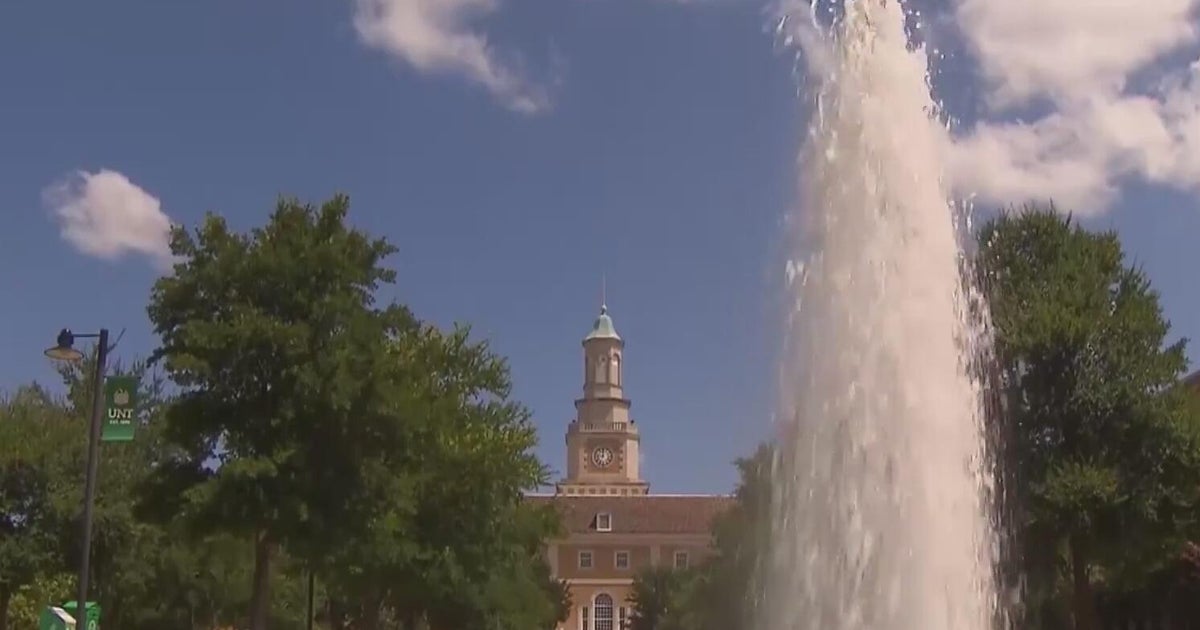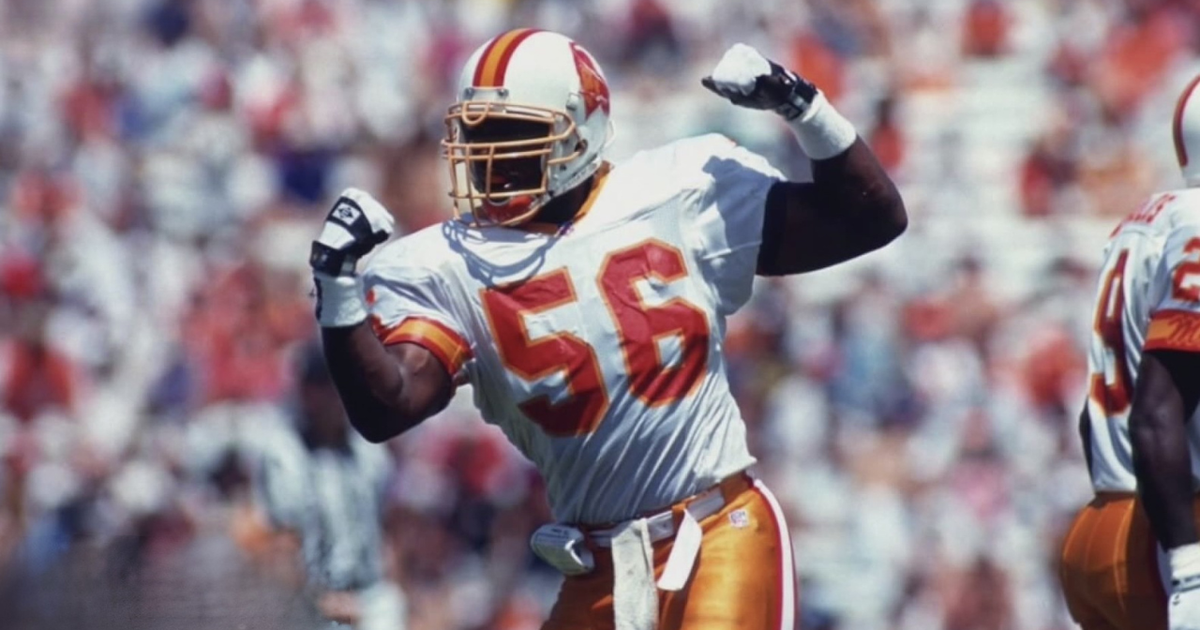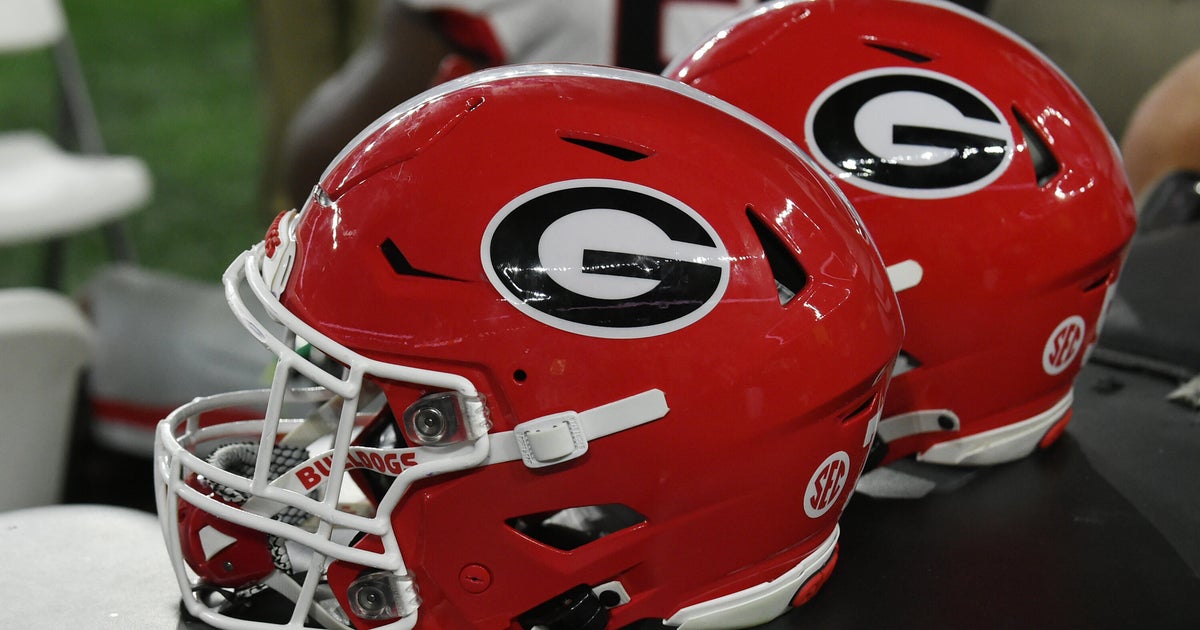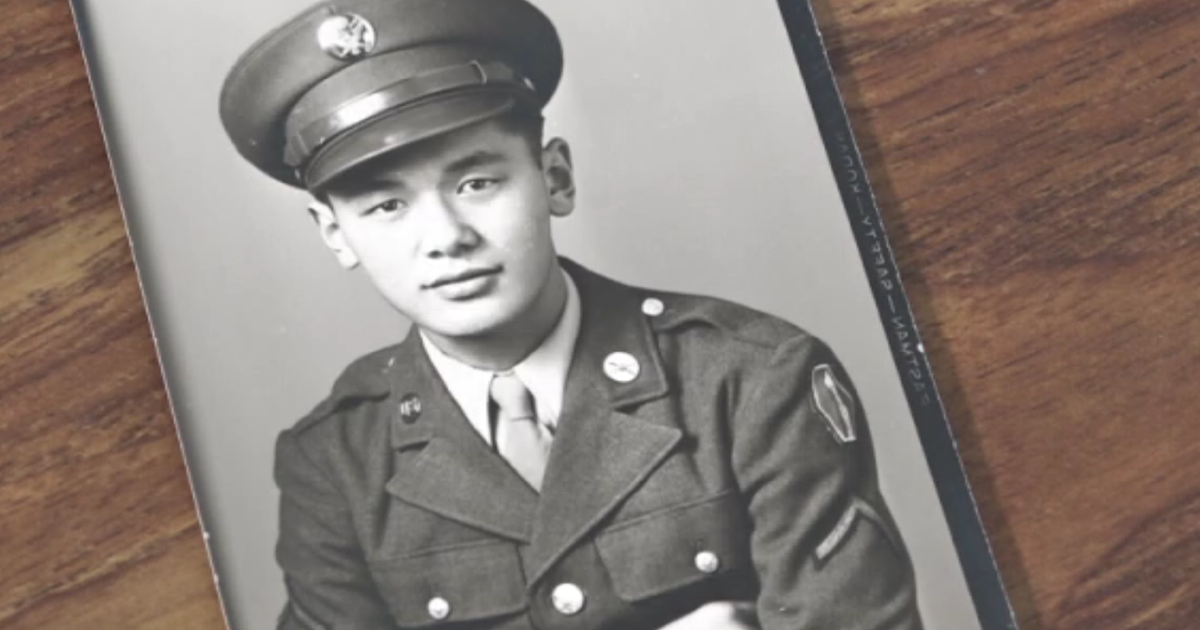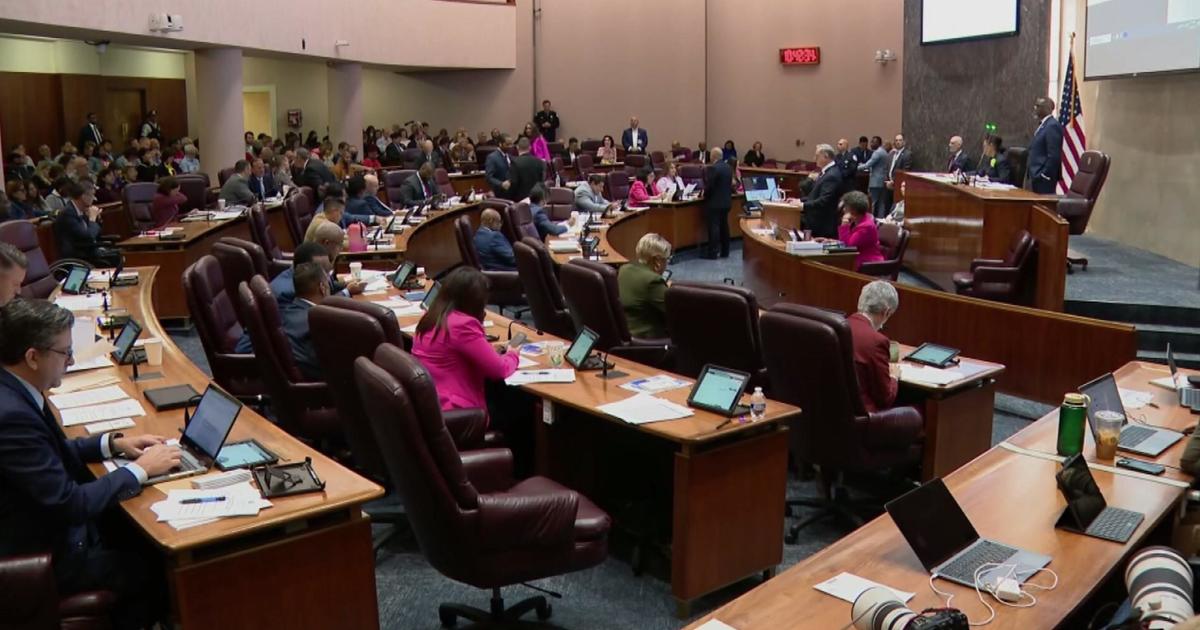49ers Legends Establish Fund To Care For Former Players In Need
SAN FRANCISCO (KPIX 5) -- San Francisco 49ers legends are joining forces in an unprecedented effort to offer a hand-up to former teammates in need.
The goal: to raise money for any former Niners player facing dire circumstances, whether financial, emotional or medical.
The project, spearheaded by Hall of Famer Ronnie Lott, is called the Golden Heart Fund and it will help pay for the growing cases of players needing treatment from the toll of a football career.
"We were trying to figure out ways that we can help," said Hall of Fame quarterback Joe Montana. "We try and hope that this Golden Heart Fund will help ease a lot of that the pain for some of the guys to get 'em through the rough spots."
"I think this is important for our teammates, our former players," explained Super Bowl champ Roger Craig.
"It is a bond beyond the gridiron," added Lott.
The idea of the fund took root in Canton, Ohio in 2016 at former 49ers owner Eddie DeBartolo Jr.'s Pro Football Hall of Fame's induction ceremony. During his induction speech, "Eddie D" delivered a passionate appeal on caring for former players.
"Make no mistake, history has its eyes on all of us right now," proclaimed DeBartolo.
His main message: once family, always family.
"We have to do all that we can to look after one another and take care of one another not just when the uniform is on but when the uniform comes off too," said DeBartolo.
This endeavor can't come soon enough, as evidenced by a previously-unknown case of devastating brain disease recently diagnosed in a fallen teammate, Larry Roberts.
The Dothan, Ala. native played for the Crimson Tide -- personally picked by the great Bear Bryant himself -- and spent all eight of his NFL seasons with the 49ers.
A 2nd-round draft pick in 1986, the defensive lineman was a two-time Super Bowl champion, starting in both Super Bowl XXIII and Super Bowl XXIV.
Despite his imposing presence, everyone knew Roberts had a big heart.
"He loved football and he loved his family, especially his kids," said his brother Travis Roberts.
The Niners loved him back.
"Well, he was a great, great young man," remarked DeBartolo.
"He was one of the guys who always had his hand on the ground and gave a thousand percent," added Montana.
Roberts retired from the 49ers in 1993 after a knee injury ended his career.
Retirement is perhaps the toughest time for retired NFL players. A 2009 Sports Illustrated study revealed how, within two years of retirement, 78 percent of NFL players are bankrupt or under financial stress because of joblessness or divorce.
Roberts was among those former players who fell into a calamitous situation.
He went through a bitter divorce and lost his daughter in a terrible accident. Roberts suffered from heart disease and diabetes, which led to the amputation of both legs. His circumstances, according to his brother, sent Roberts into a severe depression.
He died in his sleep in December 2016 at the age of 53. Travis Roberts took care of his brother throughout his numerous and prolonged hospital stays and took his kids into his home following his death.
"At the end of his life quite a few curveballs came Larry's way," explained Travis Roberts.
One of those curveballs: a diagnosis of chronic traumatic encephalopathy -- CTE.
CTE is a degenerative brain disease found in dozens of former NFL players. It is believed to be caused by repetitive brain trauma, whether a concussion or a sub-concussive hit.
With the permission of his brother, KPIX confirmed Roberts' diagnosis with neuropathologists at Boston University's renowned CTE Center.
"He had a lot of hard blows to the brain," said brother Travis Roberts. "We could hear the licks up in the stands. He was a hard-hitter,"
When Roberts died, Travis Roberts donated his brain to the CTE Center where the neuropathologists conducted an examination. In July, they issued the diagnosis of CTE.
Not every professional football player who endures repeated head trauma will develop the disease but the NFL has acknowledged a link between football and CTE.
In addition, pro football players are also at dramatically greater risk of developing other brain and nervous system disorders, including Alzheimer's, Parkinson's, and amyotrophic lateral sclerosis (ALS), also known as Lou Gehrig's disease. That's according to a federal study by the National Institute for Occupational Safety and Health.
ALS is a progressive neuro-degenerative disease that affects nerve cells in the brain and spinal cord. Another 49ers great and the man behind "The Catch" -- Dwight Clark -- was recently diagnosed with it.
"I think you all know that I'm going through a little thing right now," recounted Clark, who was honored at Levi's Stadium last Sunday. The 49ers flew in dozens of his teammates who gathered on the field during halftime, as Clark had said he wanted to see them all one more time.
The disease has progressed in Clark and he relies on a wheelchair for assistance. As he steadied himself and stood in a private box above the field, he spoke to his fans and teammates, his words coming slowly but strongly.
"I need your prayers and thoughts and I appreciate those," he told everyone.
DeBartolo sat next to Clark during the tribute and was seen wiping away tears.
He believes the NFL will do the right thing and says we could use a little bit more sense of family in the NFL today.
"This situation with CTE and what Dwight's going through with ALS you know it's not going to stop," DeBartolo told KPIX. "I think it's the tip of the iceberg personally."
In a letter to the public announcing he had ALS, Clark wrote how he has been asked if playing football caused his condition. "I don't know for sure," wrote Clark, "But I certainly suspect that it did. And I encourage the NFLPA and the NFL to continue working together in their efforts to make the game of football safer, especially as it relates to head trauma."
It is important to note there is no conclusive scientific evidence that shows without a doubt that playing football is a direct cause of ALS or CTE. Scientists involved in the research said there may be more factors involved, including genetic and environmental factors.
What happened to Roberts and Clark has now inspired many of their former teammates to jump into action with the Golden Heart Fund.
Both DeBartolo and the 49ers' current owners, the York family, have pledged a million dollars to support the fund.
The team is donating the use of Levi's Stadium for an upcoming fundraiser on Nov. 19 and the public is invited to participate. Attendees can pick from three events: a 4.9 K run, a Junior Mile run, or the 49 K VIP relay, where an honorary alumnus player or VIP is your coach and you'll compete carrying a "golden" football. There will be free T-shirts, medals and a post-race party where participants can mingle with some 49ers alumni greats.
"We love to have all the families in the Bay Area come out," said former 49ers linebacker Ron Ferrari, board member of the Golden Heart Fund. Those who don't want to run or can't attend the event can still donate online.
In addition, if you donate to the Golden Heart Fund on behalf of Dwight Clark, you'll receive a special pin in his honor.
Half of all proceeds from tickets sales to the interactive 49ers Museum at Levi's Stadium will go directly to the fund.
DeBartolo was clear -- all the money in the fund will strictly go to help players.
"Nobody is taking anything from this. This is not something that anything or anybody is making money on or getting paid for," he said.
As for Travis Roberts, when his brother Larry was ill and after he died, he got an assist from his former teammates as well as from Eddie D. He said he was treated like family.
"It is nothing but a blessing that they decided to do this for everyone," he said.
Travis Roberts says he is honoring his brother by opening a wellness center in Hiram, Georgia. The New Perspective Wellness Center has a goal: to promote health by offering many personalized services, including life coaching, yoga, and wellness classes.

